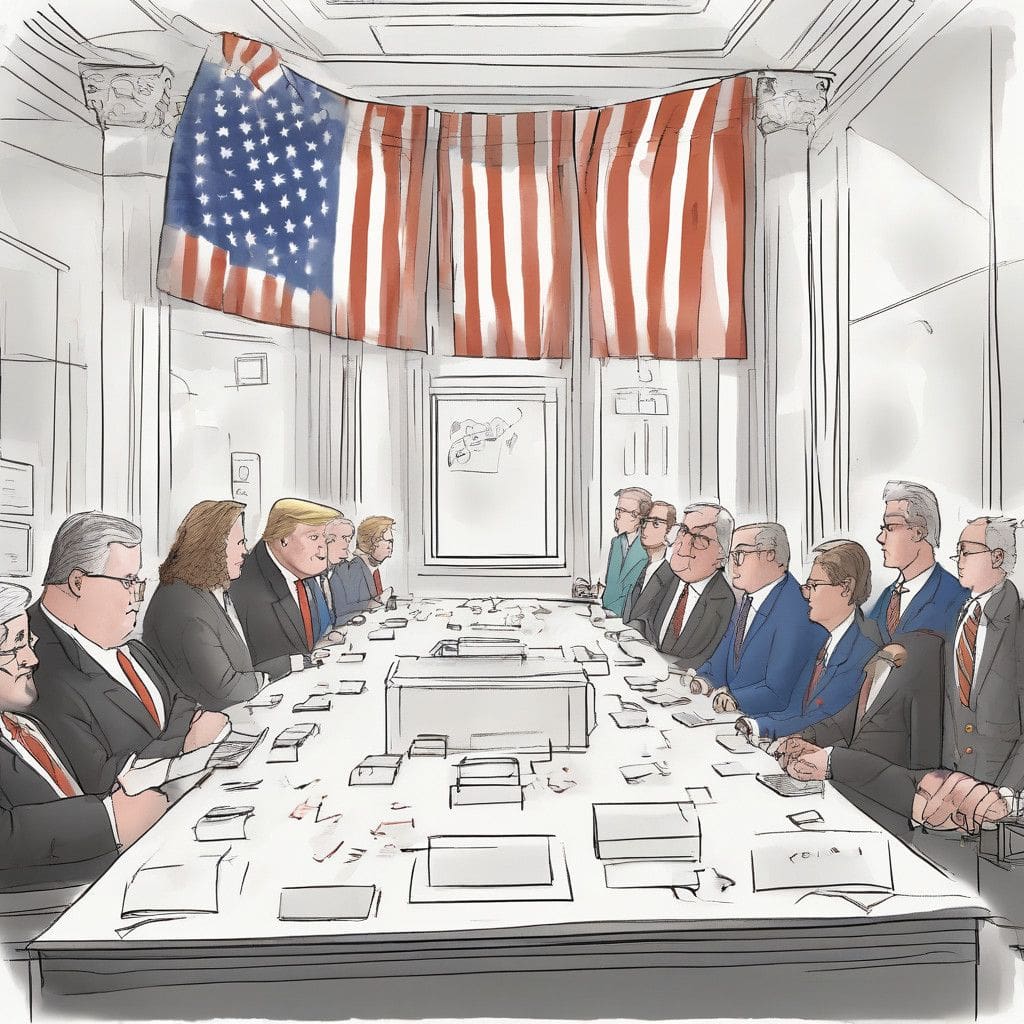The US Senate is gearing up to introduce a groundbreaking initiative that could set the tone for the financial landscape under the upcoming presidency of Donald Trump. With Senator Cynthia Lummis spearheading the effort, the proposal aims to create a strategic Bitcoin reserve, which is expected to securely hold one million Bitcoins over the next five years. This move has the potential to redefine the country’s approach to cryptocurrencies and enhance its financial standing on the global stage.
Lummis has made headlines with her BITCOIN Act, which outlines a framework for establishing decentralized vaults across the nation to facilitate the secure storage of Bitcoin. The proposed reserve is not only ambitious but is also designed to be funded through the revaluation of existing assets, including gold certificates. By reallocating these assets, the government hopes to bolster its finances and provide a solid foundation for cryptocurrency investments.
The enthusiasm surrounding this initiative is palpable within the cryptocurrency community. Industry experts predict that this move could accelerate Bitcoin’s growth trajectory and attract significant institutional interest. David Bailey, CEO of BTC Inc., described the Bitcoin reserve as the most transformational policy on Trump’s agenda, emphasizing its potential to reshape financial norms and investment strategies.
Recent data shows that Bitcoin’s price has soared, recently hitting record highs near $93,000. Some analysts attribute this upward trend to Trump’s pro-crypto stance, while others believe the market is reacting to predictable patterns following Bitcoin’s halving in 2024. Regardless of the underlying drivers, the infusion of policy support and favorable market conditions appears to be enhancing Bitcoin’s appeal as a leading investment asset.
The proposed reserve is not merely a theoretical concept; it aims to inject liquidity into the cryptocurrency market and provide stability during periods of volatility. Establishing Bitcoin as part of a national reserve could serve as a powerful endorsement of digital currencies, encouraging more individual and institutional investors to consider Bitcoin as a viable long-term asset.
However, some challenges must be navigated. The Bitcoin ecosystem remains subject to regulatory scrutiny, and the transition from traditional financial paradigms to embracing digital currencies requires meticulous planning. The Senate’s initiative will likely face debates over regulatory measures, security protocols for decentralized vaults, and strategies for integrating Bitcoin into the broader economic framework.
Even with potential hurdles, the Bitcoin reserve initiative taps into a growing trend toward digitalization in finance. As more countries explore the possibilities of integrating cryptocurrencies into their economies, the US could take a significant step in leading this transformation. The prospect of a national Bitcoin reserve reflects a shift in how public institutions view digital assets—not just as speculative investments but as integral components of future financial systems.
While the proposal has ignited optimism, it will be essential for policymakers to address concerns surrounding volatility and the environmental impact of Bitcoin mining. Transitioning to a system that utilizes renewable energy sources for mining could be a sustainable way to alleviate these worries while promoting innovation.
In conclusion, the US Senate’s plan to create a Bitcoin reserve under Trump’s presidency represents a pivotal moment in the evolution of cryptocurrencies in mainstream finance. As this initiative unfolds, the potential for Bitcoin to solidify its status as a stable asset class appears promising. The coming years will reveal not only the operationalization of this reserve but also the broader impacts on economic policies and the global cryptocurrency landscape.












